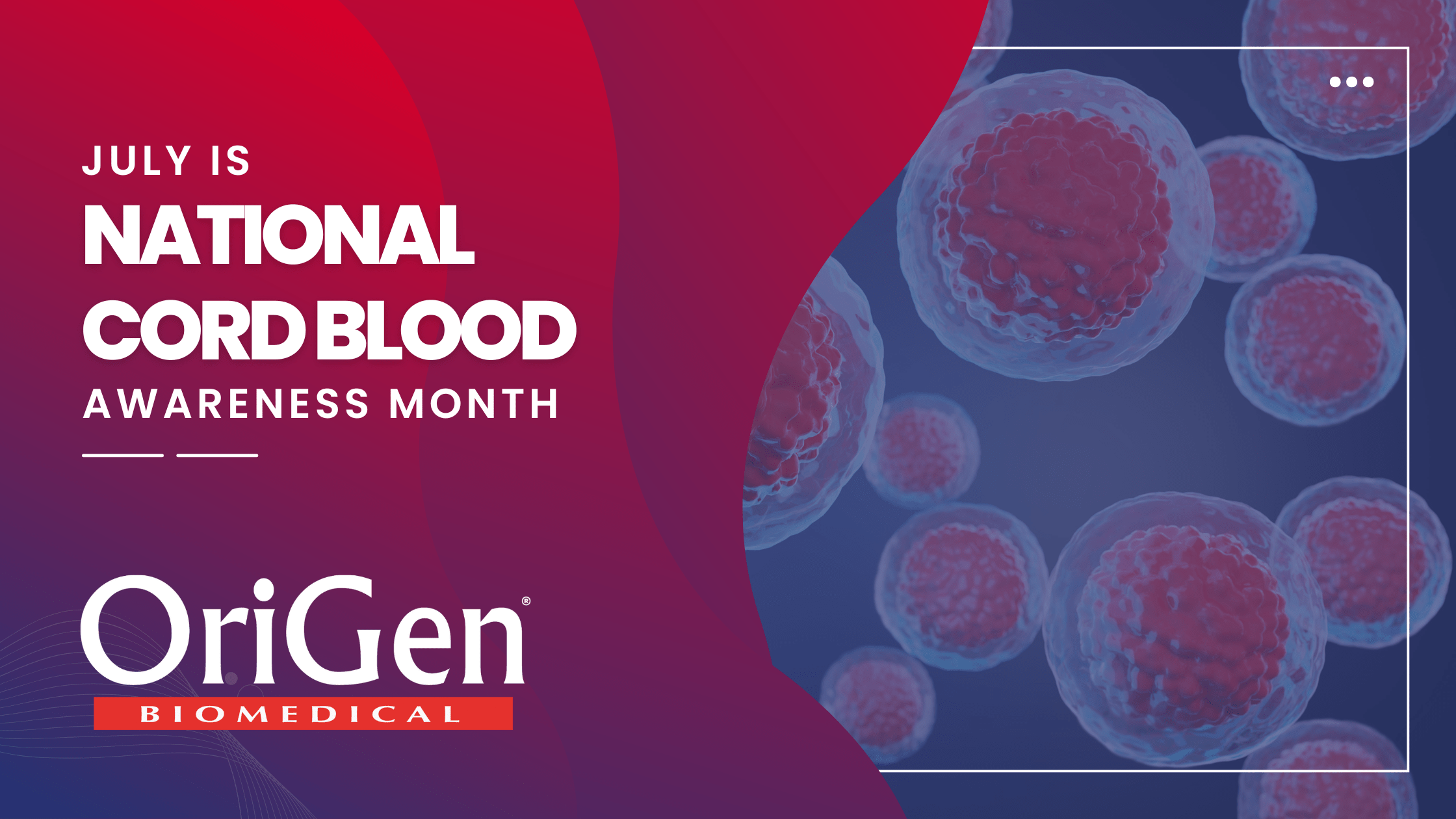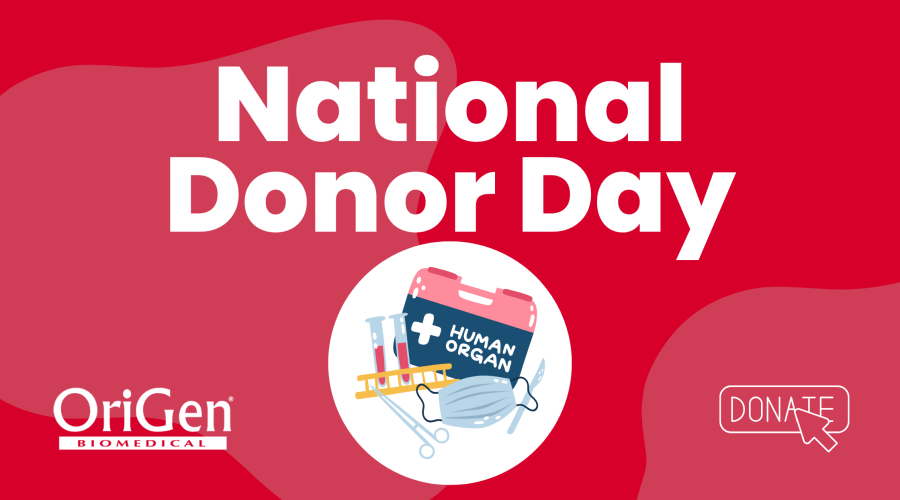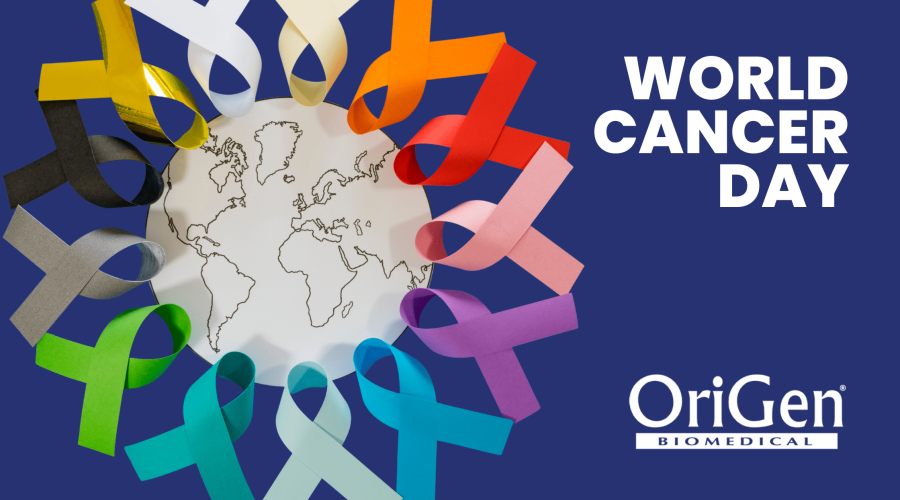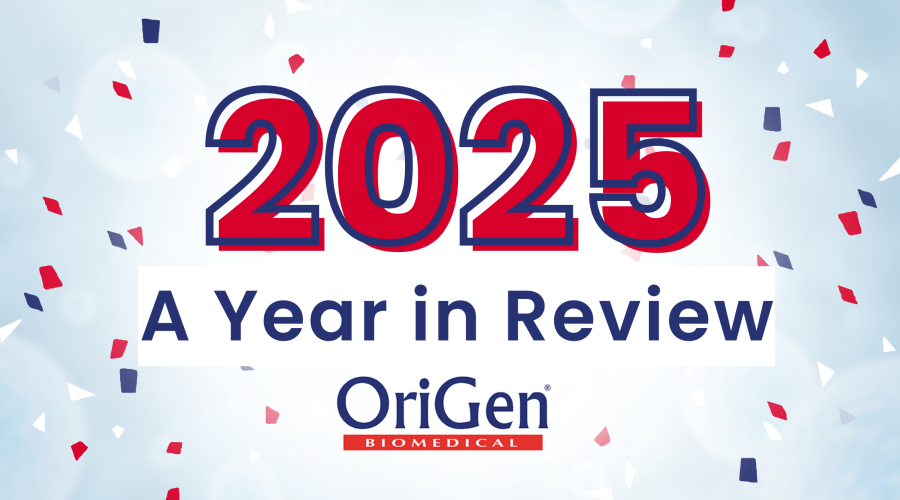Each July, National Cord Blood Awareness Month brings attention to one of the most powerful medical resources often discarded after birth: cord blood. This blood, collected from the umbilical cord and placenta after delivery, contains hematopoietic stem cells that can treat a variety of life-threatening conditions. Yet despite its life-saving potential, cord blood remains widely underutilized due to a lack of awareness.
What Is Cord Blood and Why Is It Important?
Cord blood is rich in stem cells similar to those found in bone marrow. These cells can develop into different types of blood and immune system cells, making them vital for treating diseases such as leukemia, lymphoma, sickle cell anemia, and other blood, immune, and metabolic disorders.
More than 40,000 transplants have been performed worldwide using cord blood. And these stem cells can treat over 80 different diseases, many of which are otherwise challenging to manage. Because cord blood does not require as exact a match as bone marrow, it also increases the likelihood of finding a suitable donor, particularly for patients from diverse backgrounds.[1]
Expanding Potential Through Research
Cord blood’s future reaches beyond transplantation. The Fetal Health Foundation notes that clinical trials are currently exploring the use of cord blood stem cells for regenerative medicine, with the potential to treat conditions such as autism, cerebral palsy, spinal cord injuries, and Type 1 diabetes.[2]
These groundbreaking studies offer hope for patients of all ages who may one day benefit from cord blood, whether their own or a donor’s, in ways that were once unimaginable. While the science is still emerging, the potential is significant and inspiring.
A Simple, Safe, and Valuable Process
Cord blood is collected immediately after birth through a painless and straightforward process that does not interfere with labor or delivery. Once collected, it can either be privately banked for personal or family use or donated to a public cord blood bank to help others.
Parents’ Guide to Cord Blood emphasizes the value of public donation, noting that 70% of patients do not have a matched donor in their family and must rely on the public registry to find a compatible unit. Donation significantly increases the chances for patients across diverse populations to find lifesaving matches.[3]
In cases where families choose to store their cord blood, the stem cells are cryopreserved, meaning they are frozen at very low temperatures for long-term storage, remaining viable for decades if needed.[4]
The Challenge: Lack of Awareness
Despite its many benefits, cord blood is often discarded as medical waste. Millions of units are thrown away each year, simply because parents aren’t informed of their options to bank or donate.[2] Every year, thousands of patients are unable to find a suitable donor. Increasing awareness and encouraging donations can change that.[5]
This is where Cord Blood Awareness Month plays an important role. It serves as an opportunity to educate families, clinicians, and professionals in the cryopreservation and healthcare industries about the importance of cord blood and how simple decisions at birth can change lives.
Industry-Wide Support and Action
Organizations across the healthcare space are joining the movement. It is highly encouraged that hospitals and clinics use this time to raise awareness among patients and staff, noting that these types of drives and educational efforts can lead to more units being banked and more lives being saved.[6]
Cord blood banks use various processing and storage methods, as well as different containers and cryoprotectants to store cord blood. OriGen Biomedical delivers a comprehensive suite of products for small-volume cryopreservation. The OriGen Biomedical® CryoStore FLEX Bags are the next-generation single-use disposables with five 4-6ml chambers allowing for multiple post-thaw applications. In addition, OriGen supplies CryoPur® DMSO cryopreservation solutions and accessories for fluid transfer to simplify the cryopreservation process.
This growing network of support, encompassing cord blood banks, cryopreservation labs, nonprofit registries, and advocacy groups, is vital in increasing both access and equity in treatment.
Moving Forward, Together
Whether you’re a parent-to-be, a cord blood donor or recipient, a cryopreservation professional, or a member of the healthcare or biotechnology industry, your voice and actions matter.
Cord blood is more than a medical option; it’s a lifeline, a source of hope, and a symbol of how far science has come in saving and improving lives. This July, let’s take the opportunity to educate, inspire, and ensure that no life-saving opportunity is missed due to a lack of awareness.
To learn more about your options for donation or private banking, visit the Parents Guide to Cord Blood or Be The Match.
Sources:
- Everything You Need To Know About Cord Blood Awareness Month 2025 – BMC Hospitals
- Cord Blood Awareness: Stem Cells at Birth—A Powerful Choice for the Future!
- Parent’s Guide to Cord Blood
- Cord Blood Banking
- Cord Blood Awareness Month 2025
- July is National Cord Blood Awareness Month – Registry Partners




